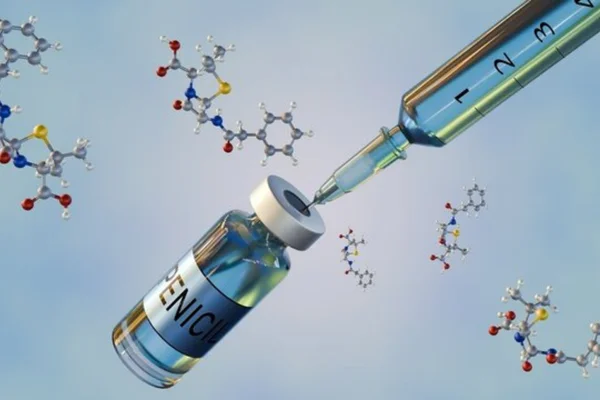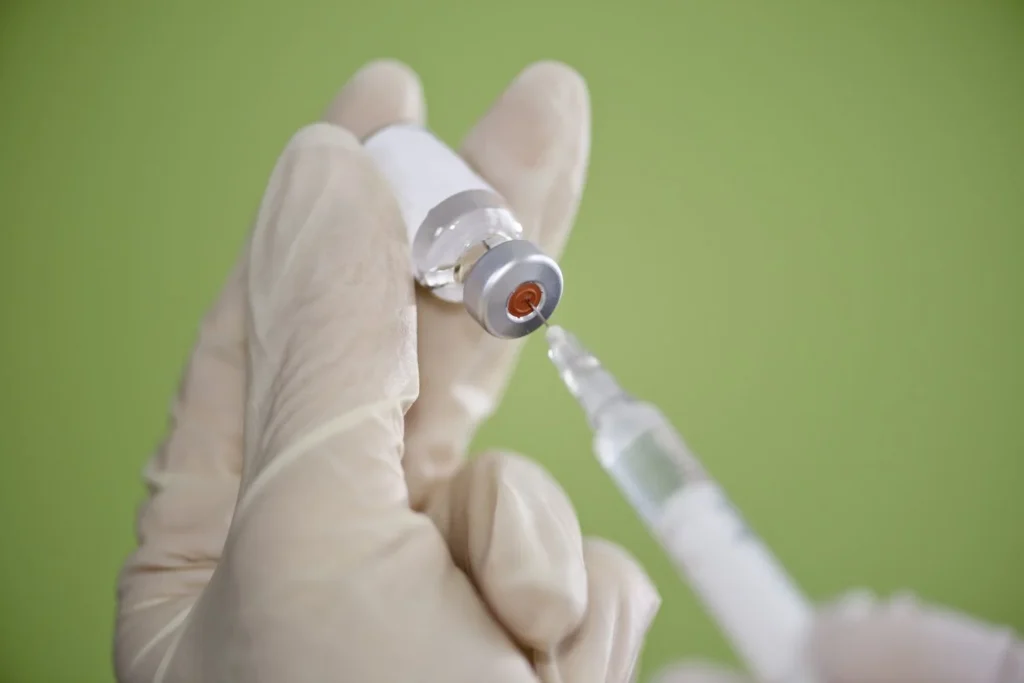The Union Health Minister recently announced that India would commence the manufacturing of common antibiotic Penicillin G, three decades after its last plant shut down.
Production of Penicillin in India:
- Earlier, Penicillin G was phased out of production because of subsidy-driven cheaper Chinese products flooding the market.
- The extremely low prices of the Chinese products could not be sustained by Indian manufacturers and led to declining business.
- The Production Linked Incentive (PLI) scheme launched during the pandemic to promote domestic manufacturing, by giving incentives to companies on incremental sales.
- There were nearly 2,000 API manufacturers in India in the early 90s, but there were nearly 10,000 units that manufactured formulations.
- An active pharmaceutical ingredient (API) is the main ingredient in a medicine that causes the desired effect.
- The cheaper Chinese products were more profitable for them due to the opening up of economy and easing of custom rules.
- The Drug Prices Control Order which capped prices of essential medicines, also ensured that more companies went for cheaper imported products.
About Penicillin G:
- Penicillin G is the active pharmaceutical ingredient (API) used in manufacturing several common antibiotics.
- Penicillin G benzathine injection is used to treat bacterial infections (mild to moderate infections of the upper respiratory tract, syphilis, yaws, bejel, pinta).
- It is also used to prevent rheumatic fever, chorea, rheumatic heart disease, or acute glomerulonephritis.
- It is generally administered intravenously or intramuscularly.
Challenges for manufacturing:
- Manufacturing an API, especially a fermented one like Penicillin G, is cost-intensive.
- There is huge capital expenditure involved in setting up a factory, with the company being able to break even only after a couple of years.
- China is a well-established supplier scaled up manufacturing in the last three decades and competing with the prices would require investments in bigger facilities.
- There has been a decline in imports of APIs since the launch of the PLI scheme.
- India still imports 90% of API for antibiotics and nearly 70% of all APIs.
- PLI scheme envisages a support of 20% for first four years, and later decreases on eligible sales of fermentation-based bulk drugs (antibiotics, enzymes, and hormones such as insulin).
- These are more difficult to manufacture, with fermentation used to cultivate micro-organisms for the synthesis of the drugs.
Ref:Source
| UPSC IAS Preparation Resources | |
| Current Affairs Analysis | Topperspedia |
| GS Shots | Simply Explained |
| Daily Flash Cards | Daily Quiz |


